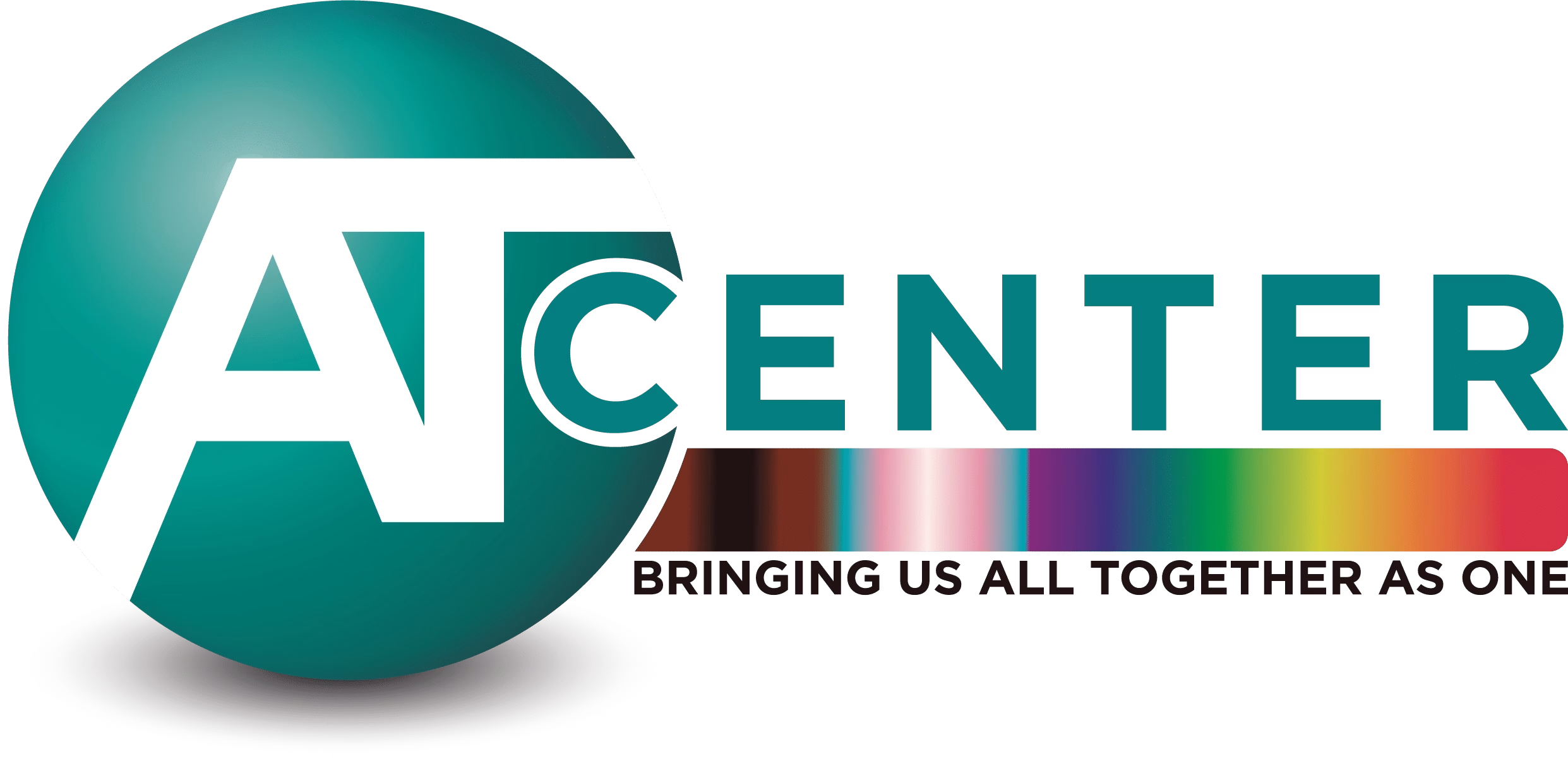Today’s Zonr post has strikingly similar universal themes nested in the following three ancient stories of creation: the Judeo-Christian creation story, the Hindu creation story, and the Aboriginal Dreamtime creation story.
In the Judeo-Christian creation story, as highlighted in the first quote, humans are seen as children of a living Creator. This story emphasizes a personal relationship with a single celestial entity. Where individuals can form a connection with the divine based on their willingness and honesty. This aligns with the idea of developing a personal relationship with a Higher Power, as mentioned in the second quote. Both perspectives emphasize the importance of individual beliefs and the freedom to form a unique connection with a divine being.
The Hindu creation story, on the other hand, presents a different understanding of creation and the relationship between humans and the divine. In Hinduism, there are multiple gods and goddesses, and each individual may have their own chosen deity to worship. This concept contrasts with the idea of a singular Creator found in the previous quotes. Hinduism acknowledges the diversity of beliefs and practices, allowing for a wide range of personal relationships with different deities. This approach resonates with the notion that there is no uniform way to put faith into action. As mentioned in the second quote.
–
The Aboriginal Dreamtime creation story offers yet another perspective. In Aboriginal mythology, creation is attributed to ancestral beings who formed the world and all living things. The Dreamtime represents a timeless, spiritual realm where these creation events took place. The Aboriginal worldview is deeply rooted in a sense of interconnectedness and the relationship between humans and the natural world. While not explicitly mentioned in the Zonr quotes. The idea of our relationship to the infinite universe, as expressed by Leo Tolstoy, aligns with the Aboriginal understanding of the interconnectedness of existence.
In comparing these ancient creation stories, we see different conceptions of the divine, human existence, and the relationship between the two. The Judeo-Christian and Hindu stories highlight the importance of personal belief and individual relationships with the divine, albeit in different ways. The Aboriginal Dreamtime story emphasizes the interconnectedness of all life and the relationship between humans and the natural world. Despite their differences, all three perspectives acknowledge the significance of understanding our place in the universe and forming a meaningful relationship with the divine or spiritual forces.

